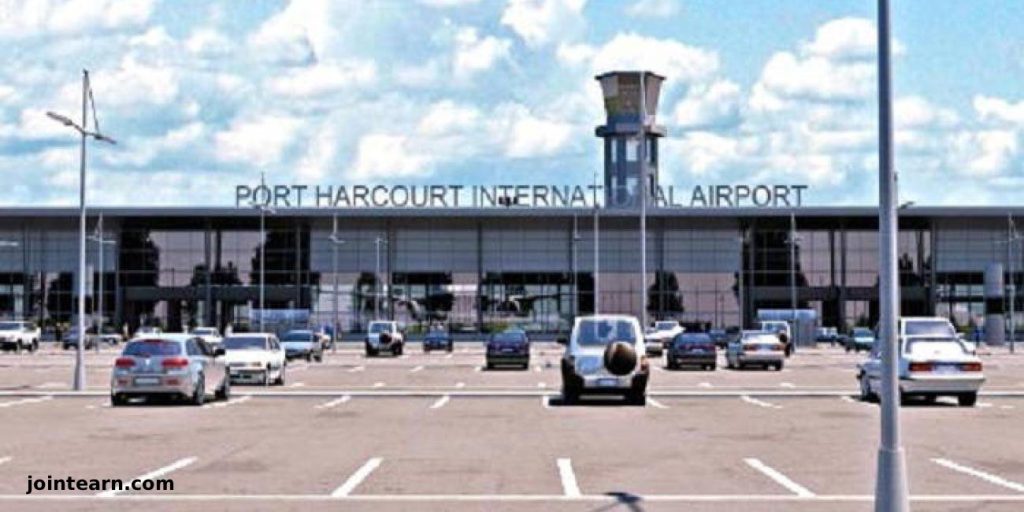
President Bola Ahmed Tinubu has approved the privatisation of operations at the Port Harcourt International Airport and imposed a ban on the sale or transfer of properties belonging to the Federal Airports Authority of Nigeria (FAAN).
The decision was announced by the Minister of Aviation and Aerospace Development, Festus Keyamo, following Thursday’s Federal Executive Council (FEC) meeting in Abuja.
Keyamo explained that the President ordered a strict prohibition on the sale or transfer of any FAAN-owned properties located within or around airport areas. He said these sites were essential for accommodating critical airport staff such as firefighters and air traffic controllers, whose proximity to the airport was crucial during emergencies.
“These properties will not be handed over to private entities. If anyone thinks they have acquired one, they should reconsider,” the minister said.
While FAAN’s properties remain protected, the council approved an economic viability study for the planned privatisation of Port Harcourt International Airport. Keyamo revealed that the move had already attracted investor interest.
“Before our tenure, there was no interest. Today, more than six firms are expressing strong interest,” he said, assuring that no job losses would result from the process.
The council also approved a series of aviation-related projects aimed at improving safety, efficiency, and communication across Nigeria’s airspace.
Among these are contracts for maintenance and technical support of Aeronautical Information Management (AIM) systems at Nigeria’s five major international airports — Abuja, Lagos, Kano, Port Harcourt, and Enugu.
Other approved projects include the deployment of a Terrestrial Trunked Radio (TETRA) system nationwide, installation of 14 VHF remote communication stations for the Nigerian Airspace Management Agency (NAMA), and the procurement of 15 specialised airport rescue and firefighting trucks to meet International Civil Aviation Organisation (ICAO) standards.
Keyamo also disclosed that NAMA would soon relocate to a new purpose-built headquarters in Abuja, ending its tenancy in rented commercial spaces.
To enhance airport security and efficiency, the FEC approved a biometric identity verification system to be integrated with the National Identification Number (NIN) database.
“Far too many travellers use fake IDs. This technology will allow real-time verification of passengers’ identities,” Keyamo said.
He added that the council had also approved funding for runway lighting projects to extend operating hours at several airports.
“Some airports currently close at 6 p.m. because of poor lighting. These improvements will allow them to operate until 10 or 11 p.m.,” he noted.
The minister urged aviation unions to support the reforms, affirming his commitment to workers’ welfare but warning that labour groups could not override executive decisions.
“We will continue to protect workers’ interests, but reforms are necessary for the sector to grow,” Keyamo said.


Leave a Reply